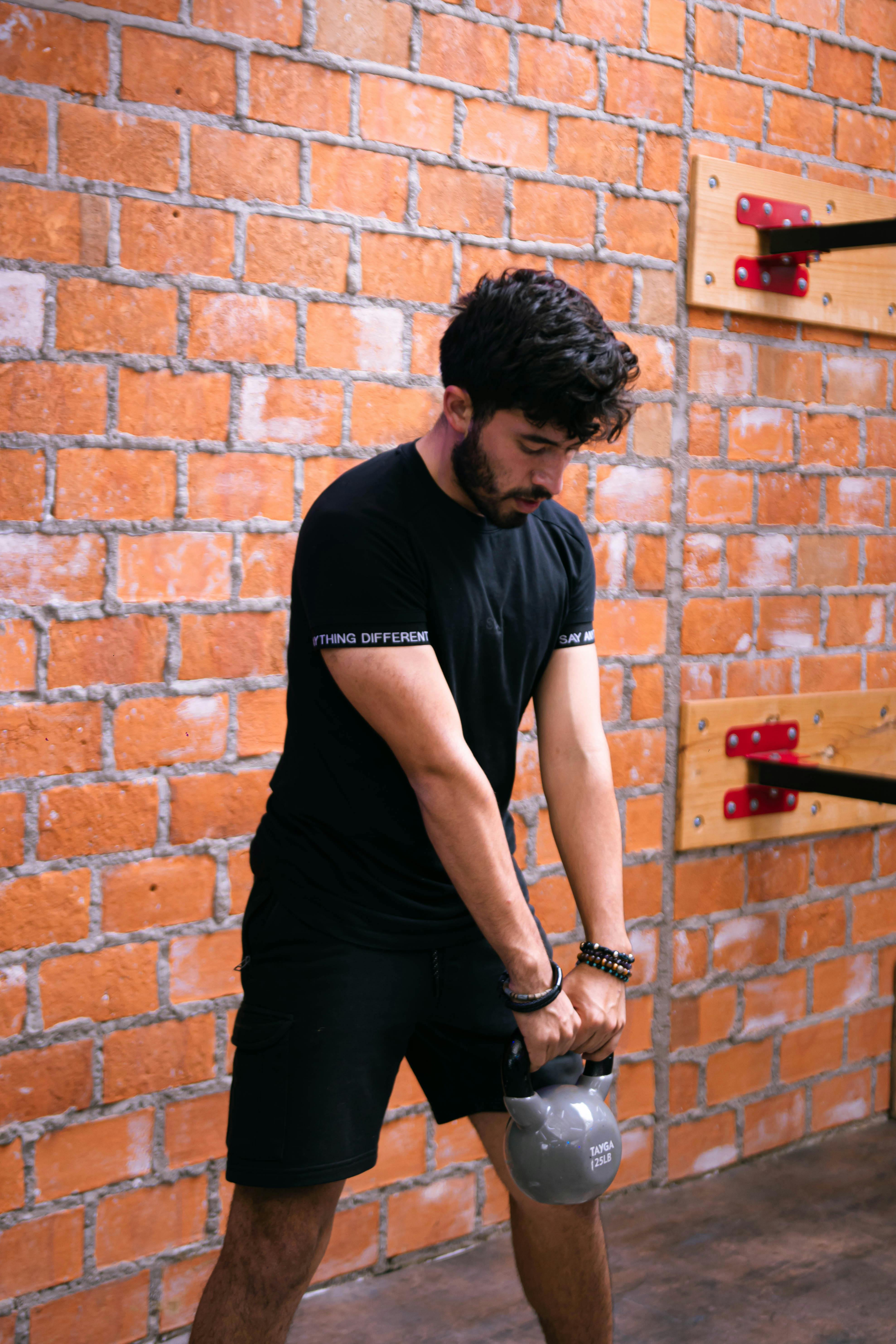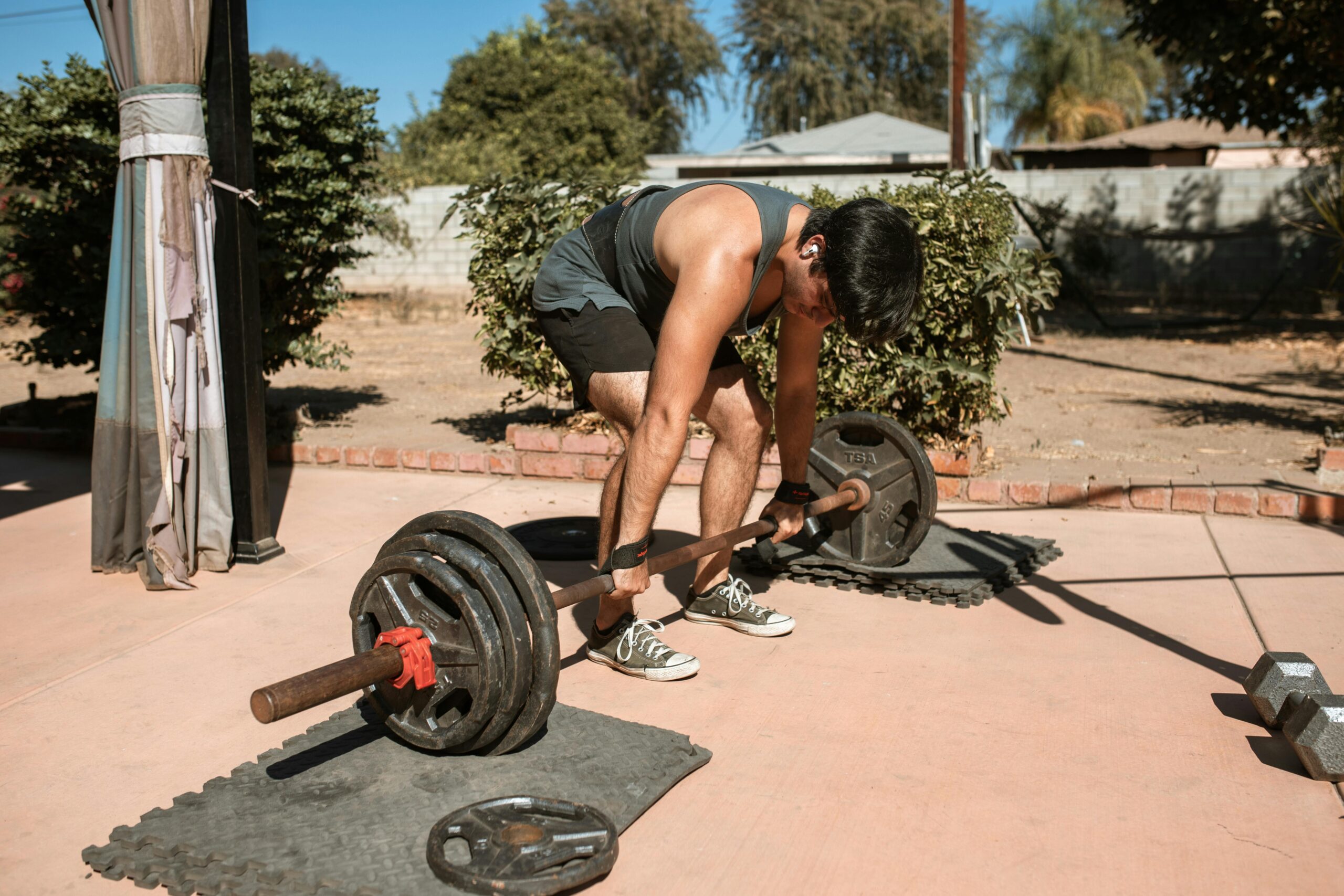Practical Ways to Build Muscle During a Caloric Deficit in 2025: Improve Your Results!
Building muscle while in a caloric deficit might seem like a daunting task, especially for those looking to lose body fat without sacrificing muscle mass. It’s essential to understand the balance between Muskelaufbau (muscle building) and Fettabbau (fat loss) to achieve your Fitnessziele (fitness goals) effectively. In 2025, innovative training methods and dietary approaches are playing a vital role in maximizing Muskelmasse (muscle mass) while maintaining a healthy lifestyle.
This article will dive into practical ways to enhance your muscle growth, even while on a caloric deficit. We will explore topics such as the importance of Eiweiß (protein), effective Krafttraining (strength training) techniques, and essential Ernährungstipps (nutrition tips). You’ll also learn how to structure your Fitnessplan (fitness plan) to align with your goals and track your progress efficiently.
By the end of this guide, you’ll gain insights into Trainingseffizienz (training efficiency) and the best strategies to boost your Muskelwachstum (muscle growth) through nutrition and exercise, ensuring you achieve sustainable results for your body. Let’s get started!

Essential Nutrition Strategies for Muscle Building
Nutrition plays a critical role in muscle building, particularly when you are in a caloric deficit. The first step is understanding your body’s Kalorienbedarf (caloric needs) and ensuring that you consume enough nutrients to support muscle growth. Balancing your Makronährstoffe (macronutrients) is fundamental, with a focus on high-protein foods and appropriate carbohydrate intake.
Importance of High-Protein Diets
One of the most effective ways to promote Muskelhyperthropie (muscle hypertrophy) during a caloric deficit is through a high-protein diet. Consuming sufficient protein not only aids in muscle repair but also boosts your metabolism. Aim for at least 1.6 – 2.2 grams of protein per kilogram of body weight per day.
Quality sources include lean meats, dairy, legumes, and plant-based proteins for those following a veganer Muskelaufbau (vegan muscle-building) regimen. Incorporating protein-rich snacks and considering high-quality Supplements can also be beneficial.
Utilizing Meal Planning and Nutrition Tracking
Keeping track of your daily food intake helps manage your Ernährungsumstellung (diet shift) effectively. Using fitness apps can enhance your Ernährungstracking (nutrition tracking) experience, allowing you to adjust your meals according to your Fitnessziele. This method helps in maintaining a caloric deficit while ensuring you are nourishing your body optimally.
Supplementation for Muscle Maintenance
While real food should always be your priority, certain nutritional Ergänzungen (supplements) can significantly support your muscle-building efforts. Popular options include whey protein shakes, branched-chain amino acids (BCAAs), and creatine. These can assist in maintaining energy levels during your workouts and can enhance recovery.
Always consult with a Sporternährungsberater (sports nutritionist) before introducing new supplements to ensure they align with your individual needs and goals.
Building on these nutritional strategies, let’s explore effective training methodologies that can help enhance muscle growth.
Effective Training Techniques for Muscle Growth
Emphasizing strength training is crucial for muscle retention during a caloric deficit. Implementing a carefully structured Trainingsprogramm (training program) focused on resistance training will yield the best results. This section discusses various effective techniques to optimize your workouts.
Focus on Progressive Overload
Progressive overload is a fundamental principle in bodybuilding. This method involves gradually increasing the amount of weight or resistance in your workouts to continuously challenge your muscles. By doing so, you induce muscle stress, which promotes repair and growth.
Incorporate various training modalities, from free weights to resistance bands, to maintain consistency and prevent plateaus. Tracking your lifts through a Fitness-App can help in monitoring your progress.
Incorporating Compound Movements
Compound movements recruit multiple muscle groups and are highly effective for stimulating muscle growth. Key exercises include squats, deadlifts, bench presses, and pull-ups. They enhance your overall strength and help in achieving a balanced physique.
Additionally, these exercises improve your Kraftausdauer (strength endurance), boosting your metabolic rate even during a caloric deficit.
Ensuring Adequate Rest and Recovery
Recovery is as important as the workouts themselves. Muscles grow during periods of rest. Ensure that you’re giving your body enough time to recover by spacing out muscle group workouts and getting adequate sleep.
Consider integrating active recovery days in your routine to prevent burnout. The focus should be on relaxing activities such as yoga or light cardio, which promote muscle recovery and reduce Körperfett (body fat).
Taking this concept further, let’s discuss the importance of motivation and mindset in achieving your fitness goals.
Motivation and Mindset for Successful Muscle Building
Setting realistic Fitness-Erfolge (fitness successes) requires strong motivation and a positive mindset. This section explores strategies to maintain motivation and overcome challenges during your muscle-building journey.
Setting SMART Goals
To keep your training effective, formulate SMART goals (Specific, Measurable, Achievable, Relevant, Time-bound). These goals provide clear direction and make it easier to track progress. Celebrate little victories along the way to stay motivated.
Building a Supportive Fitness Community
Engaging with a community of like-minded individuals can enhance your fitness journey. Whether it’s through online forums, local gym groups, or social media, the emotional support from others can boost your motivation significantly.
Sharing experiences and tips in the Fitness-Community can create accountability and inspire perseverance during tough times.
Techniques for Staying Focused
Mindfulness strategies such as meditation and visualization can improve focus and determination. Take time each week to reflect on your progress and visualize your achievements. Incorporating motivational content, such as reading success stories, can also provide a necessary boost.
In light of these motivational strategies, we will next delve into practical implementation and tracking methods to ensure your efforts aren’t in vain.
Practical Implementation and Progress Tracking
Implementing what you’ve learned is crucial to achieving effective results. This section focuses on how to implement your training and nutrition strategies while tracking progress for continuous improvement.
Creating a Comprehensive Fitness Plan
Your Fitnessplan should include a balanced combination of strength training, cardiovascular exercise, and flexibility work. Tailor your program according to your goals and fitness levels, ensuring each component is accessible, enjoyable, and adaptable.
Be sure to schedule workouts in a way that fits into your lifestyle, preventing burnout and fostering consistency.
Leveraging Fitness Technology for Tracking
Utilizing technology can streamline your progress tracking. There are various Fitness-Apps available that help you monitor workouts, caloric intake, and overall health metrics. These tools can provide valuable data to measure your success, adjusting your approach as needed.
Regular Assessments and Adjustments
Frequent assessments of your progress (bi-weekly or monthly) will clarify what is working and what isn’t. These evaluations can include measuring body composition, strength tests, and observing changes in performance.
By staying adaptable and ready to modify your approach, you set yourself up for long-term success in your muscle-building journey.

Q&A Section
Can I build muscle in a caloric deficit?
Yes, building muscle in a caloric deficit is possible by prioritizing a high-protein diet, engaging in strength training, and adequate recovery. The focus should remain on progressive overload and maintaining a positive mindset.
How important is protein for muscle growth?
Protein is vital for muscle repair and growth. It is recommended to consume 1.6 – 2.2 grams of protein per kilogram of body weight to support muscle maintenance during a caloric deficit.
What are the best workouts for building muscle?
Compound movements such as squats, deadlifts, and bench presses are among the best for building muscle as they engage multiple muscle groups and provide functional strength.
How can I stay motivated while dieting?
Setting achievable goals, finding support from fitness communities, and utilizing mindfulness can help maintain motivation during your fitness journey.
Should I consider supplements for muscle building?
While supplements can support your muscle-building efforts, focus on real food first. Protein powders, BCAAs, and creatine can help if added appropriately to your nutrition plan.
